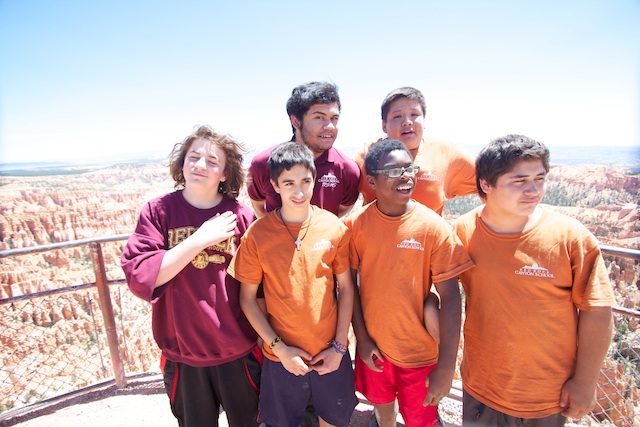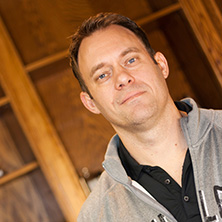
The Power of Volunteer Work
Written by Curtis Reed, Posted on , in Section Must Reads
Recently, the state of Utah was ranked first in the nation for volunteering. In fact, it’s the eighth year in a row that the state has been placed there. There are many reasons to volunteer, and it can help troubled youth overcome their issues.
A study published some years ago stated that there are 6 (there could be more, but these seem to be the most common) reasons that people volunteer.
1. To express personal values (humanitarianism)
2. To understand and learn more about the phenomenon or issue(such as volunteering at a troubled youth home, homeless shelter, etc)
3. To enhance one’s self-development and personal growth
4. To gain career-related experience
5. To strengthen social relationships (community)
6. To address personal problems or circumstances such as guilt or escape.
For troubled youth, volunteering is a great way to learn, develop selflessness, gain real world experience. Fiona, a volunteer for an organization called Timebank, tells of her experience. She said: “I graduated in 2009, worked at home for a while and then went traveling for six months. Since returning I’ve been looking for paid work in the Third Sector, particularly development. Having signed on for Jobseekers allowance I was told that there wasn’t much around for graduates in my area. I realized that I would have to widen my search. Volunteering my time seemed to be a good route to take. I am currently volunteering for TimeBank’s Junction49 project on the Helpdesk. I actually ran my own community project last year. I am in a good position to pass on my knowledge and experience to other young people wanting to set up their own projects. Volunteering has really boosted my CV, especially because of the kind of work I ultimately want to do. It has given me links to organizations and charities, and expanded my knowledge – all of which can be used when applying for jobs. I can continue to build up experience in the areas I wants to work in – even if it isn’t paid.”
The Benefits for Troubled Youth
Ruth Lowry, a member of the Society’s Division of Sport and Exercise Psychology says that
"Research also suggests that volunteering is reciprocal, the charity or organization can benefit from an increased and diverse workforce whilst the individual can benefit by increasing their competencies, skills and self-worth.However, if volunteers can see the personal benefits, they are more likely to continue volunteering in the longer term."
